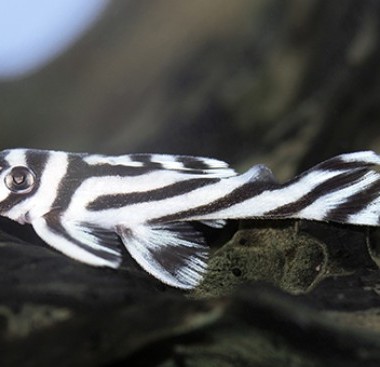Africans Want to Trade Ivory
By: Staff Date: 01/12/2012 Category: | Wildlife Journal |
Several African nations plan to petition the Convention on International Trade in Endangered Species for the authority to trade ivory from current stockpiles and from legal hunting and tusks impounded from poachers in the future.
The CITES convention will be held in Santiago, Chile, November 3-15, 2002. Botswana, Namibia, South Africa, Tanzania, Zambia and Zimbabwe will propose to the assembled CITES members that the rights to sustainable use of their wildlife resources be returned to these nations. The requested quotas represent only a fraction of the natural mortality of elephants, according to Eugene La Pointe, president of IWMC-World Conservation Trust and former secretary general of the CITES Convention.
“Economic development can only begin where there is access to resources,” La Pointe said. “The Southern African countries possess a rich resource in bio-diversity, which should be used in a sustainable manner for the benefit of present and future generations. In the final analysis, conservation is about integrating three inter-linking sets of interests: quality of the environment, access to economic development, and respect for social custom and traditions.”
The decision at the CITES convention will be made by representatives of member governments, but animal rights and environmental organizations registered as non-government participants oppose the sale of ivory and lobby heavily for their against the native proposals. However, in spite of vociferous opposition, Africans were successful in convincing member nations to reinstate limited trade in ivory at the 1997 CITES meeting in Zimbabwe.
About The Author
All Authors Of This Article: | Patti Strand |












